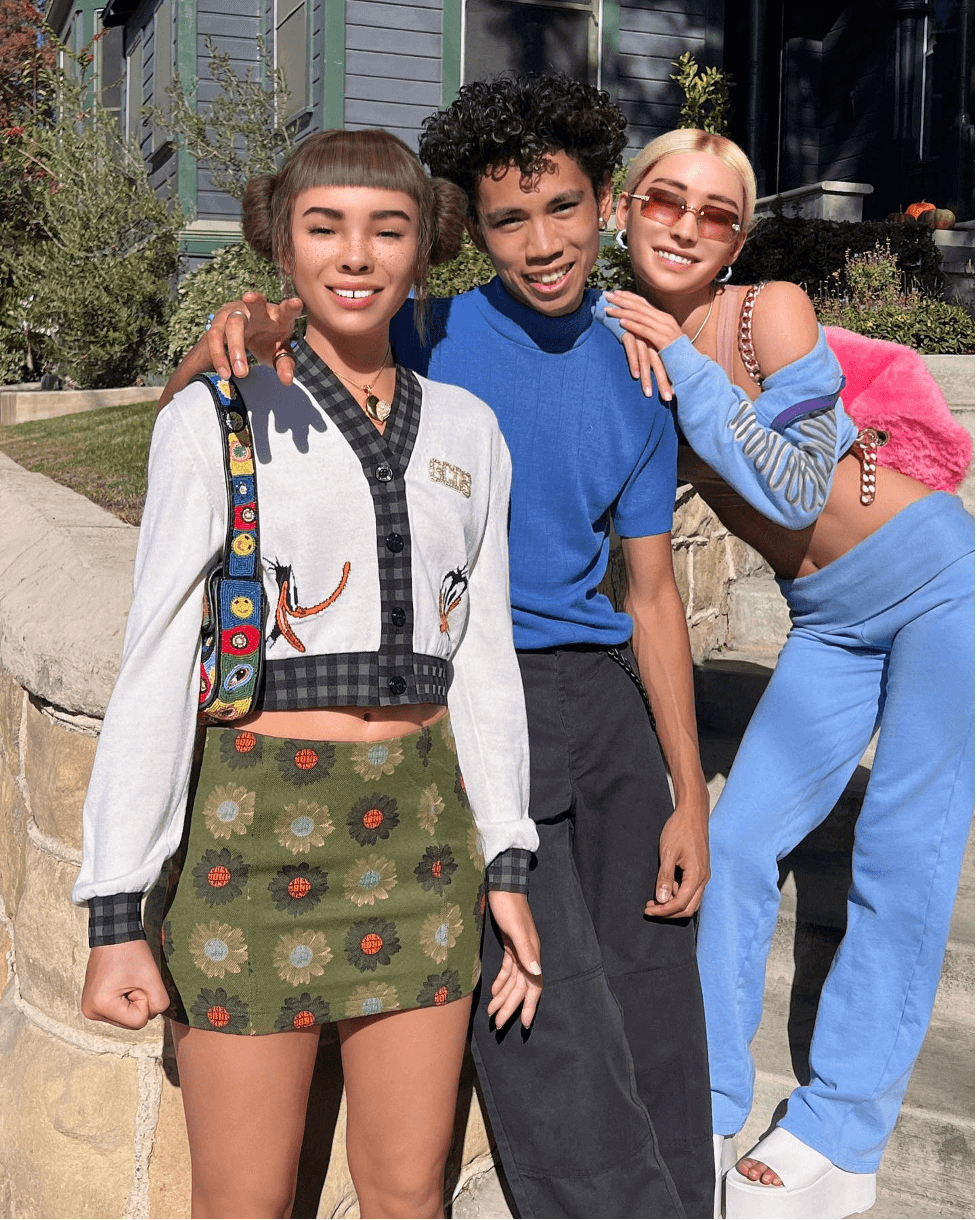Meta is working on 'Ethical Framework' for the Use of Virtual Influencers

Meta is working on 'Ethical Framework' for the Use of Virtual Influencers
After the metaverse gained popularity, we can talk about a new trend of virtual influencers, computer-generated models which are gaining popularity, especially on Instagram. Although fully digital characters have evolved into genuine social media influencers in their own right, online platforms now have an obligation to establish clear markers as to what’s real and what’s not, and how such creations can be used in their apps, so Meta is now working to establish ethical boundaries on their application.
As explained by Meta:
“From synthesized versions of real people to wholly invented “virtual influencers” (VIs), synthetic media is a rising phenomenon. Meta platforms are home to more than 200 VIs, with 30 verified VI accounts hosted on Instagram. These VIs boast huge follower counts, collaborate with some of the world’s biggest brands, fundraise for organizations like the WHO, and champion social causes like Black Lives Matter.”
One of the more well-known examples on this front is Lil’ Miquela, who has an audience of over 3 million in the app. At first sight, you wouldn’t realize that this is not an actual person, which makes such characters a great vehicle for brand and product promotions, as they can be utilized 24/7, and can be placed into any environment. But that also leads to concerns about body image perception, deepfakes and other forms of misuse through false or unclear representation.
It would be better to know what’s real and what’s not, and as such, Meta needs clear regulations to remove dishonest imagery, and enforce transparency over VI use. Much of what you see on Instagram these days is not real thanks to filters and editing tools altering people’s appearance well beyond what’s normal, or realistic and we can talk about the same case for similar transparency in editing tools applied to posted videos and images as well. But however you look at it, this is no doubt a rising element of concern, and it’s important for Meta to create rules and prescriptions around the use of virtual influencers in their apps.



